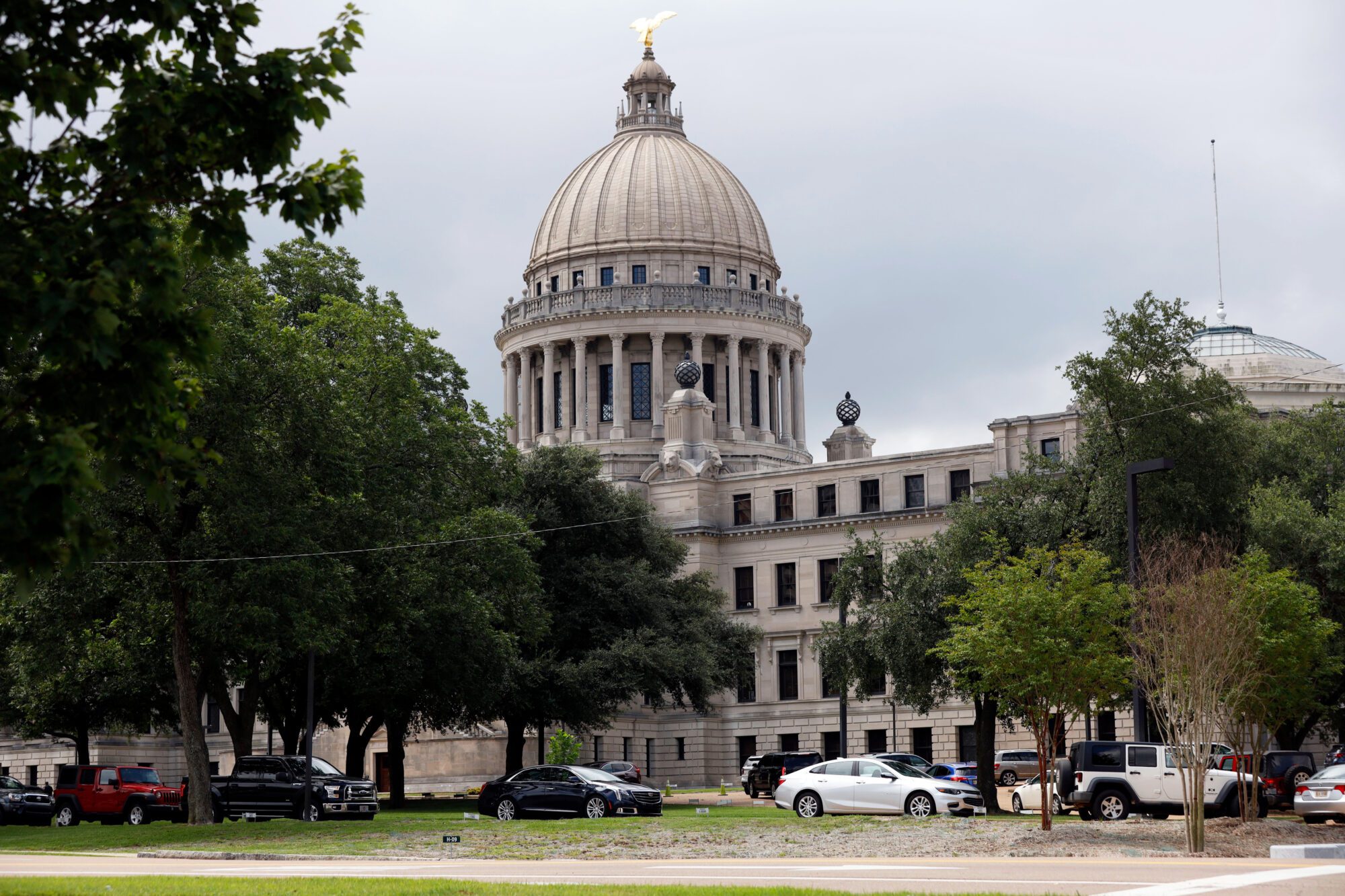
Sid Salter
- Columnist Sid Salter says Mississippi is indeed a right-to-work state. But that hasn’t stopped it from finding success in developing automobile manufacturers.
After winning 73 percent of the vote on April 19 among workers in a Chattanooga, Tennessee Volkswagen plant to join the United Auto Workers union, organized labor leaders began to predict a growing erosion of decades of Southern state opposition to labor union membership. Specifically, union leaders began to predict victory in an upcoming union vote in Mercedes plants in Vance and Woodstock, Alabama.
But Alabama auto workers rejected the UAW with a strong 56 percent vote against the union and in doing so, demonstrated that much of the pro-union momentum predicted by the UAW in the South may well be significantly overstated.
The U.S. Bureau of Labor Statistics reported in 2023 that “union membership in the South has been declining, reporting that unionization in the South was 4.5%, which is more than 8 percentage points lower than the national average. South Carolina had the lowest union membership rate in the country at 2.3%.
“Some states in the South, like Florida, Mississippi, Virginia, and Louisiana, have seen a decline in union density. Unions in the South face many challenges, including a culture that resists collective bargaining, right-to-work laws, and political leaders who are hostile to unions,” the agency said.
Mississippi is indeed a right-to-work state by law. But that status hasn’t stopped Mississippi from finding success in developing automobile manufacturing enterprises over the last 20 years that build a half-million new vehicles annually, according to the Mississippi Development Authority.
Jennifer Safavian, president and CEO of Autos Drive America made the case for the Mississippi auto manufacturing industry’s future as additional commitments to EV manufacturing were announced: “In 2022, international automakers created 32,000 of these good-paying jobs in the Magnolia State, generating $2.1 billion in total employee compensation. According to the EIR data, Autos Drive America member companies, like Nissan and Toyota, have invested a total of $5.2 billion into the state as of last year, in addition to generating $415 million in state and local taxes.
“Numbers like these demonstrate the pivotal role international automakers have played in bolstering Mississippi’s economic and workforce growth. In Blue Springs, Mississippi — where they’ve built the Corolla for more than 10 years — Toyota employs 2,250 people and has invested $1.2 billion in local operations. But the impact extends far beyond Blue Springs, as Mississippi-based suppliers have created an additional 1,700 jobs and invested $200 million to support Toyota’s operations in the state,” Safavian wrote.
While Mississippi has enjoyed many economic development victories over the last several years not related to the auto-building industry, there is a new project in Marshall County that is related to auto-building, specifically EV truck-building.
Mississippi lawmakers quickly and near-unanimously authorized a $482 million incentive package to build a $1.9 billion electric vehicle battery plant in Marshall County. Paccar, an engine manufacturing company with an existing plant in the Mississippi Golden Triangle, Accelera by Cummins Inc., an Indiana-based engine company, and Daimler Truck, will partner to build a $1.9 billion electric vehicle battery plant on 500 acres in the Chickasaw Trails Industrial Park in Marshall County.
For good or ill, labor unions are perceived as partisan political forces. Historically, unions have affiliated with and supported Democrats and opposed Republicans. Campaign finance reports tell the tale, as unions have a history of supporting Democrats and banks and corporations have a similar history of supporting Republicans.
The lines are clearly drawn at the federal level. Increasingly, those differences are spilling over into state politics as well. Regional and sectional concerns align with factional concerns in economic development in ways not seen a half-century ago.
Economic development is already fraught with intense site selection competition. The presence of unions can and often does impact site selection decisions and can steer mega-projects across state lines. Conservative right-to-work states are already predisposed to distrust unions through their legal structures.
Unions still face tough sledding in the South. Whether the Chattanooga UAW vote was an anomaly – after the recent Mercedes vote in Alabama – remains to be seen.







